Life
Sign up for our newsletter
We summarize the week's scientific breakthroughs every Thursday.
-
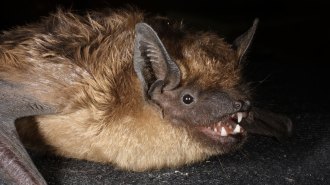 Animals
AnimalsThese bats are the only mammals known to mate more like birds
Male serotine bats have penises too large for penetration. To mate, the animals rub their genitals against each other, somewhat like birds’ cloacal kiss.
-
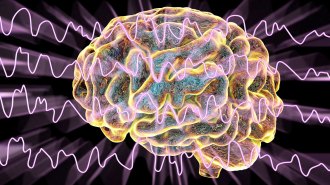 Health & Medicine
Health & MedicineA brain-monitoring device may one day take the guesswork out of anesthesia
The automated device pairing brain activity and dosing kept two macaques sedated for 125 minutes, raising hopes of precision anesthesia for people.
-
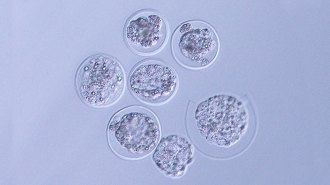 Animals
AnimalsThe first embryos from a mammal have now been grown in space
Mouse embryos in space can develop into clusters of cells called blastocysts. The result is a step toward understanding how human embryos will fare.
-
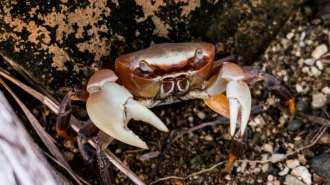 Life
LifeCrabs left the sea not once, but several times, in their evolution
A new study is the most comprehensive analysis yet of the evolution of “true crabs.”
By Amanda Heidt -
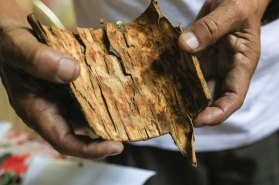 Chemistry
Chemistry‘Most Delicious Poison’ explores how toxins rule our world
In his debut book, Noah Whiteman tours through chemistry, evolution and world history to understand toxins and how we’ve come to use them.
-
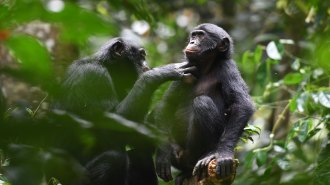 Life
LifeBonobos, like humans, cooperate with unrelated members of other groups
Cooperation between unrelated individuals in different groups without clear and immediate benefit was thought to be uniquely human. Its presence in bonobos may help explain its evolution.
By Jake Buehler -
 Neuroscience
NeuroscienceBrain scans give clues to how teens handle pandemic stress
A study that followed hundreds of teenagers during the COVID-19 pandemic may explain why some people succumb to stress while others are more resilient.
-
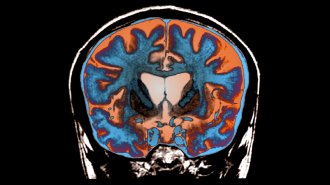 Health & Medicine
Health & MedicineWhy Huntington’s disease may take so long to develop
Repeated bits of the disease-causing gene pile up in some brain cells. New treatments could involve stopping the additions.
-
 Microbes
MicrobesEvolutionary virologist Daniel Blanco-Melo seeks out ancient pathogens
Daniel Blanco-Melo has reconstructed two viral strains brought to the Americas with European colonizers in the 16th century.
By Pratik Pawar -
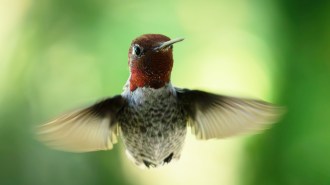 Animals
AnimalsHow hummingbirds fly through spaces too narrow for their wings
Using high-speed cameras, a new study reveals Anna’s hummingbirds turn sideways to shimmy through gaps half as wide as their wingspan.
-
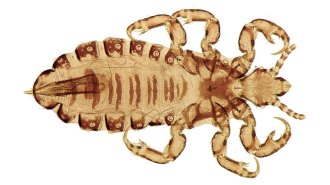 Life
LifeHead lice hitched a ride on humans to the Americas at least twice
The genes of head lice record the story of their human hosts’ global voyages.
By Jake Buehler -
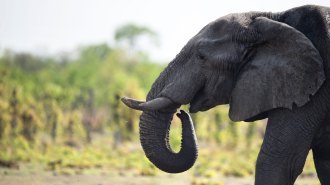 Animals
AnimalsThe mysterious deaths of dozens of Zimbabwe’s elephants has been solved
A bacterium never before identified in elephants or implicated in deadly internal hemorrhaging killed Zimbabwe elephants in 2020, genetic tests show.